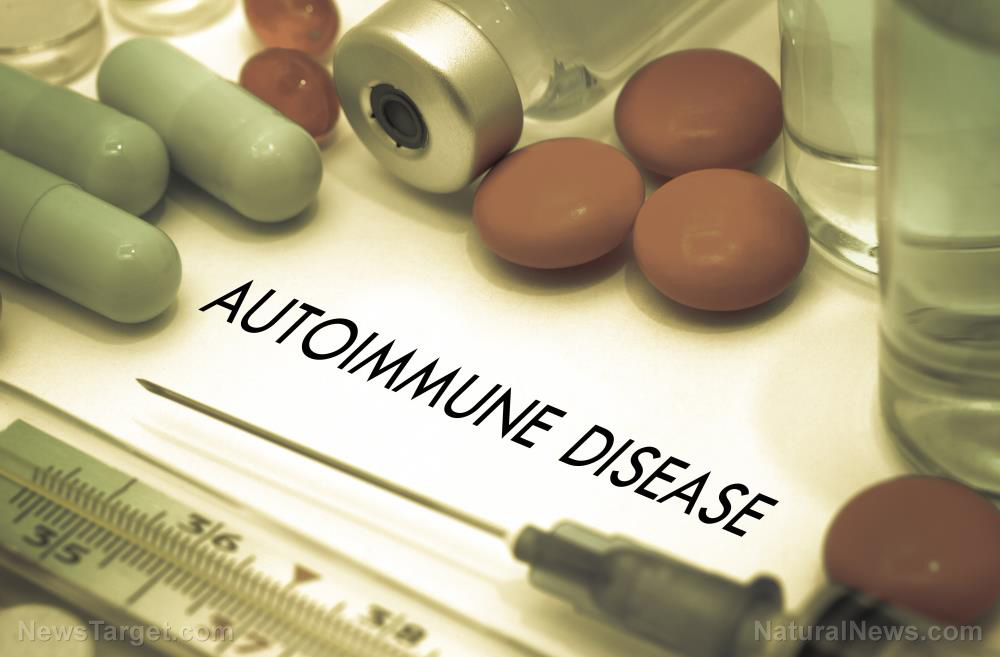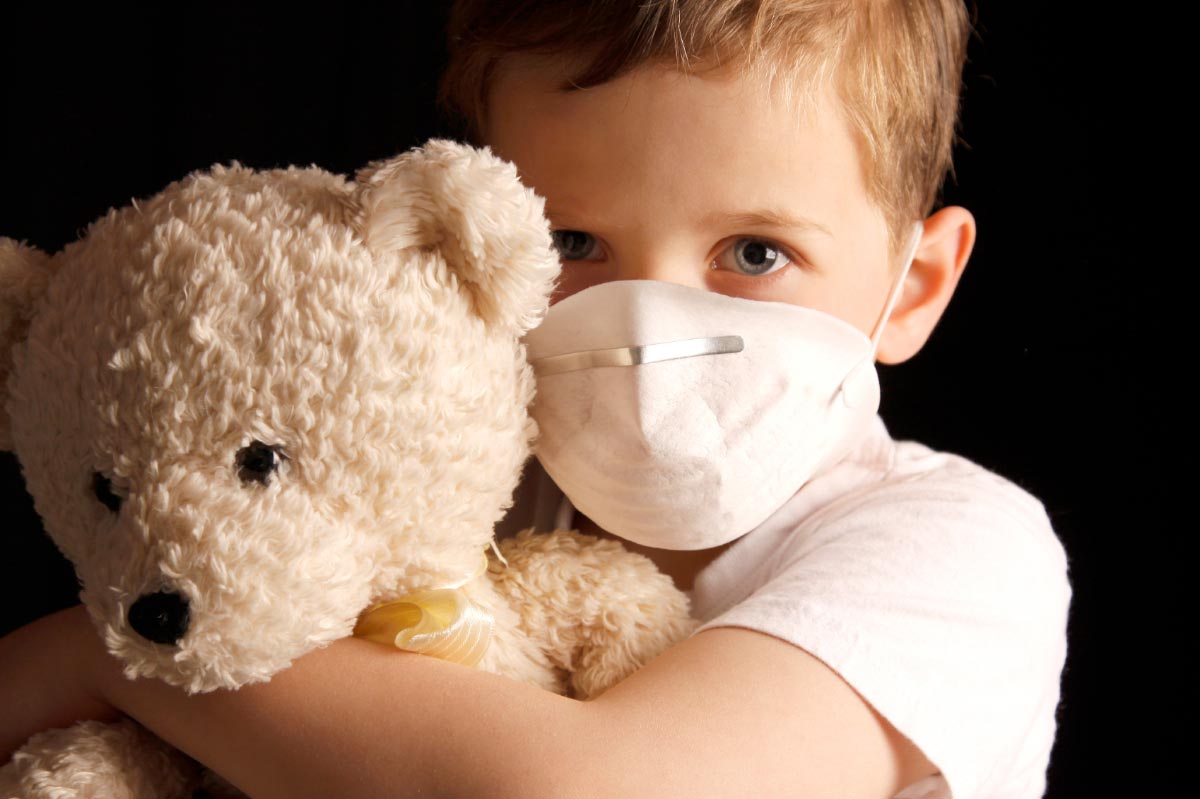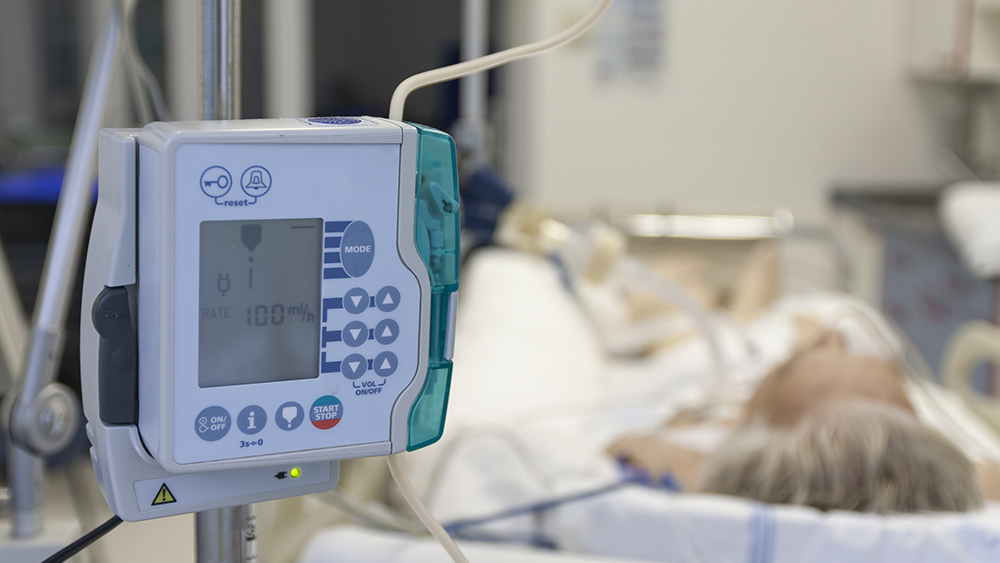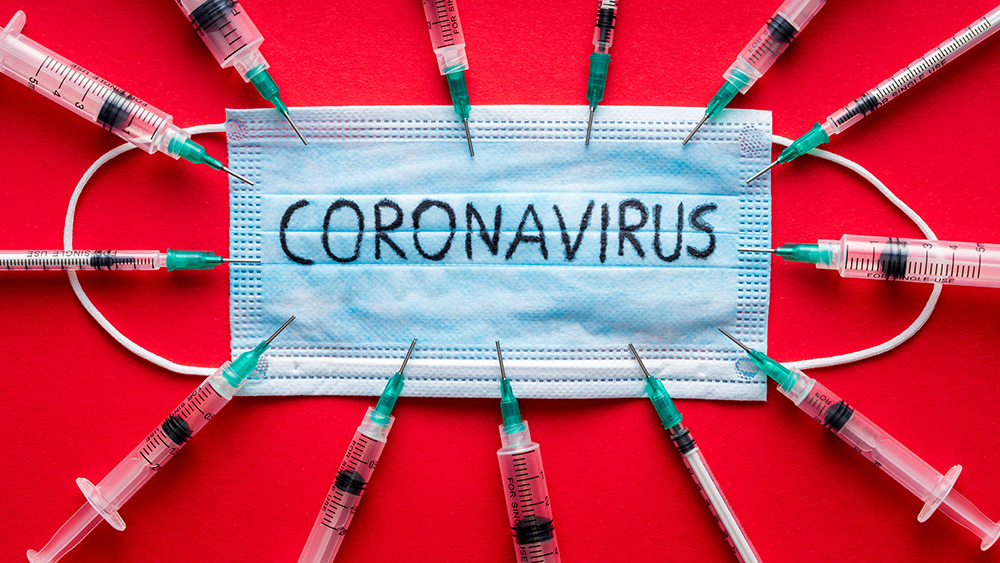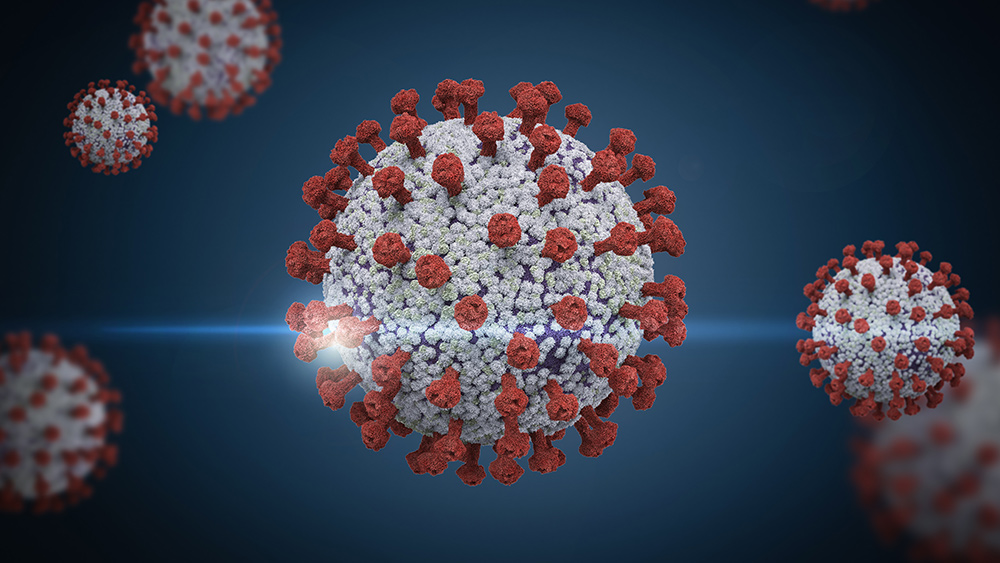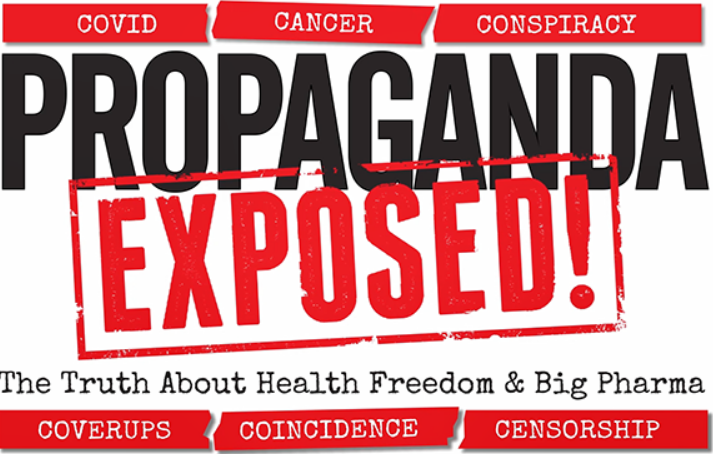Prialt drug, derived from animal VENOM, is approved by FDA but causes hallucinations, depression and psychiatric problems
04/18/2022 / By Ethan Huff

One of the animal venom drugs that popped up alongside the new revelation that the Wuhan coronavirus (COVID-19) may have come from snakes bears an FDA safety warning about how it can cause cognitive impairment, hallucinations, and changes in mood or consciousness.
Prialt comes from the venom of cone snails and is used by about 22 million adults living in the United States who suffer from severe and chronic pain. Its purpose is to lessen that pain and give sufferers some of their life back.
The drug can cause users to see things that are not actually there, however, or make users feel depressed and unable to function. Psychiatric problems have also been known to develop among some users.
“Prialt is contraindicated in patients with a preexisting history of psychosis,” the drug’s website warns. “Severe psychiatric symptoms and neurological impairment may occur during treatment with Prialt.”
“Monitor all patients frequently for evidence of cognitive impairment, hallucinations, or changes in mood or consciousness. Discontinue Prialt therapy in the event of serious neurological or psychiatric signs or symptoms.”
Taking Prialt can trigger meningitis, brain failure and reduced levels of consciousness
There are many other side effects listed on the Prialt website that suggest extreme dangers associated with using this particular drug to try to treat chronic pain.
Prialt can cause a person to want to commit suicide, for one. It can also create paranoia, hostility, delirium, and manic reactions. Cognitively, Prialt can cause memory impairment, speech disorders, aphasia, abnormal thinking, and amnesia.
“Reduce the dose of Prialt or discontinue the use of Prialt if signs or symptoms of cognitive impairment develop, but other contributing causes must also be considered,” the warning further reads.
“The cognitive effects of Prialt are generally reversible within 2 weeks after drug discontinuation. The elderly (?65 years) are at higher risk for confusion. Concomitant use of central nervous system (CNS) depressants with Prialt may have additive effects.”
Another risk associated with taking Prialt is the potential development of meningitis. In clinical trials, about 3 percent of patients developed the disease, the symptoms of which include fever, headache, stiff neck, altered mental status (e.g., lethargy, confusion, disorientation), nausea or vomiting, and occasionally seizures.
Strangely, taking Prialt can also lower a user’s consciousness, causing him or her to become unresponsive or “stuporous,” the Prialt website explains. The drug is also linked to elevated serum creatine kinase (CK) levels above the upper normal limit.
“Use of Prialt has been associated with cognitive impairment and decreased alertness/unresponsiveness,” the website adds. “Caution patients against engaging in hazardous activities that require complete mental alertness or motor coordination.”
These are serious risks, and they are all associated with Prialt’s active ingredient, which is the venom of cone snails. Venom is a neurotoxin that is designed to kill, so what is it doing to the 22 million adults in America who take it regularly for chronic pain?
“Here’s my question … why all of a sudden are we seeing all this information about numerous companies researching snake venom as drugs for a wide range of illnesses?” asked someone at Natural News about how the venom issue is all of a sudden being thrust into the limelight.
“Did this expose on ‘In the Water’ cause this immediate rush of information, or is it that COVID was a real-world testing ground for snake venom, and now the green light is given to move forward? I also have a real problem with all the money being thrown at anti-venom. Aren’t snake bites low on the global ranking of health issues/death? Why so much money into this … a red flag for me!”
The latest news about the plandemic can be found at Pandemic.news.
Sources include:
Submit a correction >>
Tagged Under:
Big Pharma, brain damaged, brain health, cone snails, depression, FDA, hallucinations, meningitis, mental health, neurotoxin, pharmaceutical fraud, Prescription drugs, Prialt, psychosis, toxic ingredients, venom
This article may contain statements that reflect the opinion of the author
RECENT NEWS & ARTICLES
COPYRIGHT © 2017 BIG PHARMA NEWS



